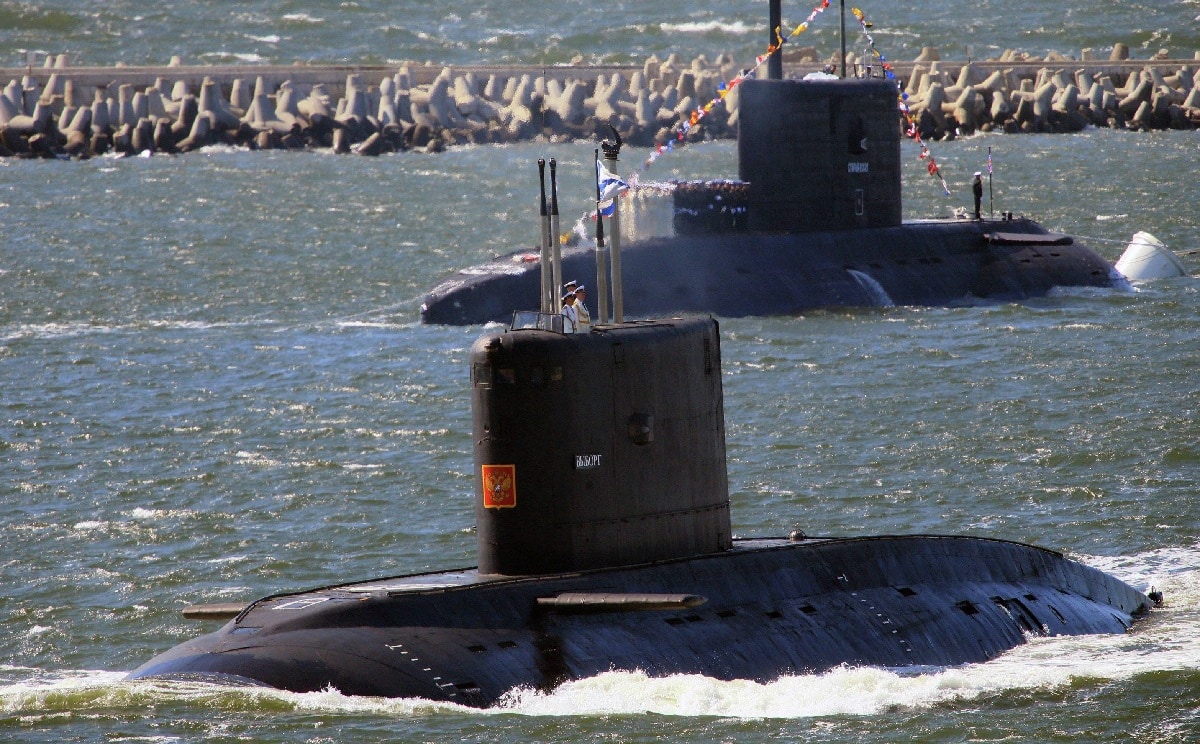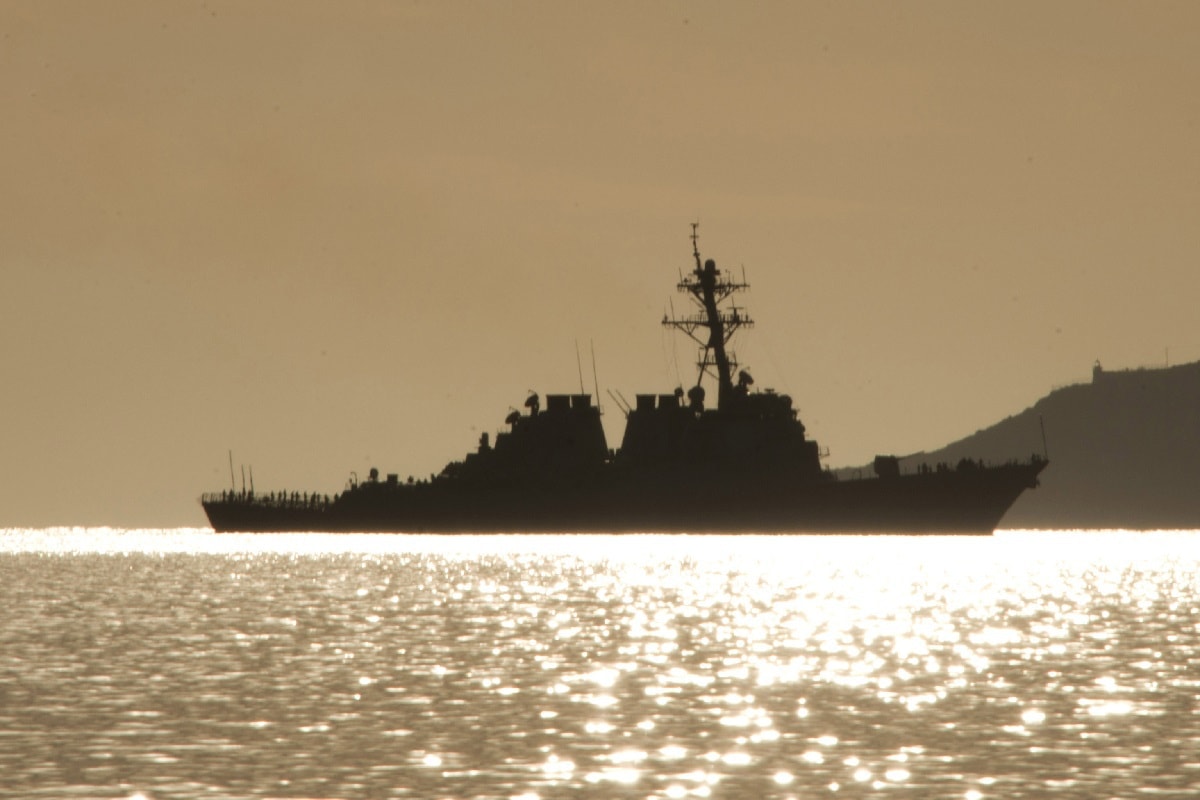The Black Sea has been a flashpoint in conflicts between Russia and other European powers for centuries as Russian leaders attempted to expand its presence southward. That resulted in numerous confrontations with its long geopolitical rival Turkey, but also other European powers. Today Moscow still sees the Black Sea region as vital to its geo-economic strategy, which leads Russia to project its power and influence into the Mediterranean, but also to protect its economic and trade links with key European markets.
As the Carnegie Endowment for International Peace’s Paul Stronski reported in a recent study, “during the Cold War, Moscow became the dominant power in the region. It controlled the northern and eastern shores of the sea, with docile socialist Romania and Bulgaria—then members of the Eastern bloc—to the west. Only NATO member Turkey served as a counterbalance to the Soviet Union in the Black Sea, which was occasionally referred to at the time as a ‘Soviet lake.'”
Since its annexation of Crimea in early 2014, Russia has again treated the waters as its own lake – but as Romania and Bulgaria are now NATO members, the situation is very different. Moscow has increasingly flexed its muscles in the neutral waters, which has included tracking and shadowing foreign vessels.
Tracking the Airspace
Even as Russia has closely monitored the movements of NATO warships in the neutral waters of the Black Sea, its military leaders have also accused NATO of intensifying its routine reconnaissance flights in the region.
“NATO countries have been displaying a genuine interest in the Russian southern borders lately,” Commander of the Russian Southern Military District’s 4th Air Force and Air Defense Army Nikolai Gostev said in an interview on Thursday with the Southern Russia Military Bulletin newspaper, according to a report from Tass.
“Compared to last year, the intensity of NATO reconnaissance aircraft flights over the Black Sea has increased almost threefold,” Gostev added. “For the sake of comparison, the aircraft of our Western ‘partners’ performed 270 reconnaissance flights in 2019, about 530 in 2020 and over 560 since the start of this year in the southern area of responsibility.”
The air force chief said that the flights have included U.S. spy planes and drones, as well as aircraft from other NATO forces. But he also maintained that all of the aircraft were being closely monitored.
“Not a single flight that they perform remains unnoticed and the Army’s air defense capabilities track these flights round the clock and we timely react to them, while strictly complying with international law regulations,” the commander also added.

Russian Navy operating in the Black Sea. Image: Creative Commons.
Gostev, being the commander of the Southern Military District, perhaps wasn’t informed that Russian bombers have routinely conducted similar flights off the coast of Alaska, or that Russian warships and aircraft took part in drills near Hawaii last month. But given the intensity of activity in the Black Sea by both sides, it could be seen as another flashpoint that could result in a future conflict if both sides aren’t careful.
Peter Suciu is a Michigan-based writer who has contributed to more than four dozen magazines, newspapers and websites. He regularly writes about military small arms, and is the author of several books on military headgear including A Gallery of Military Headdress, which is available on Amazon.com.

